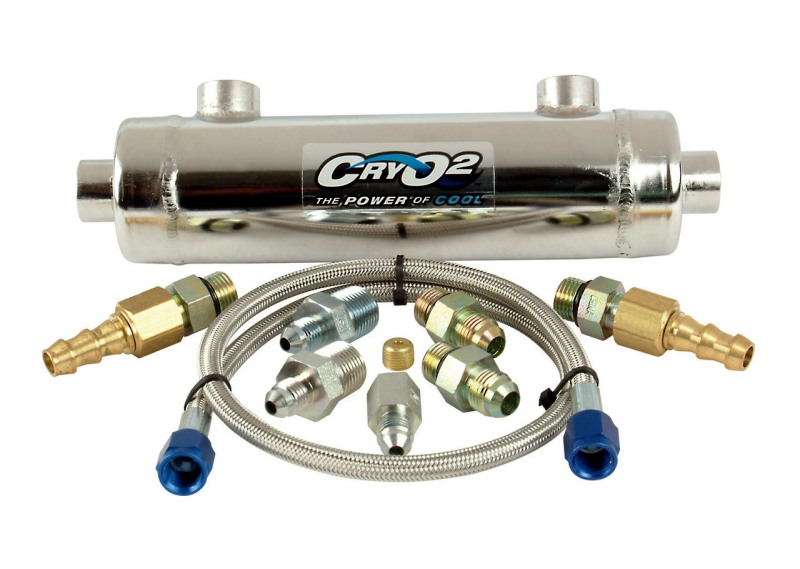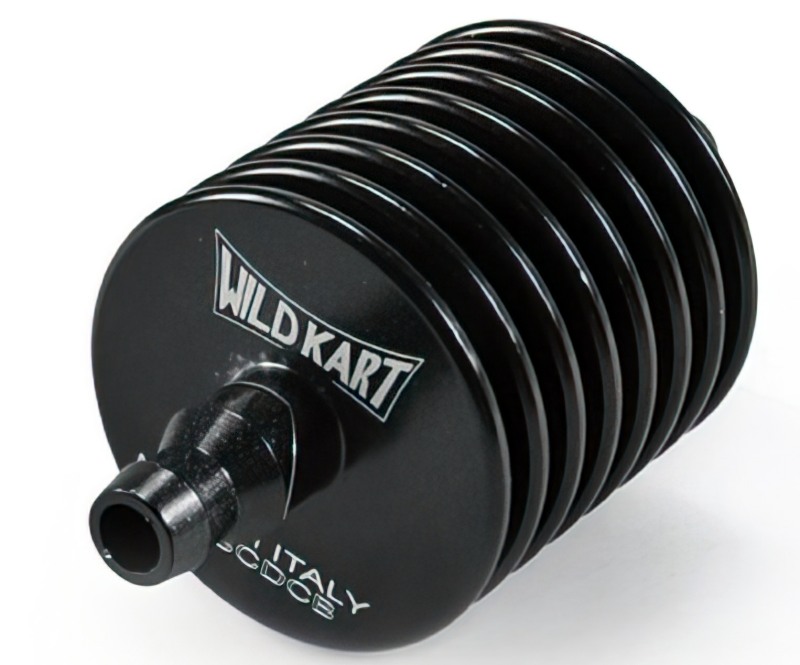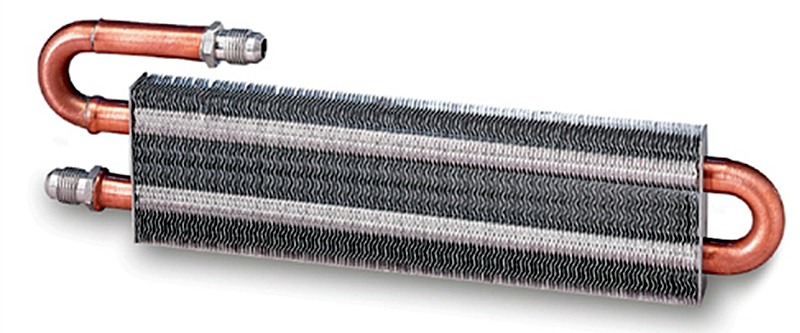Ask The Editors: Should I Run Cooler Gas?

Is the performance gain of cool gas worth the effort?
Believe it or not, it is true but with some caveats: The type of performance gains we’re talking aren’t all that substantial and to keep it lasting the duration of your moto, you’d need a refrigerated gas tank on your quad.
But since you asked about the science, let’s take a look. Like all liquids, temperature is directly responsible for gasoline’s density. Or another way to say it – the cooler the liquid the more dense it becomes. Those molecules expand and get further apart when heated.
So yes, cool fuel provides more energy per gallon than warm fuel.
So what, right? We’re only talking just molecules here. Not so fast. The change is significant enough to affect the volume of the fuel as well. In fact, gasoline’s volume changes 1% for every 15-degree temperature change. Far more-so than even water. And get this – ethyl alcohol (the corn alcohol they are mixing in with our gasoline) experiences even greater volume swings by temperature than gasoline alone.
You get more volume with warm fuel but less potential energy. So in a way, it’s kind of all a wash.
This all leads us back to racing and practicality. Even if you went through the trouble of storing your fuel in an ice-filled cooler prior to your moto, the moment the gas meets the hot air, it would begin to equalize to the ambient temp. Factor in the fact that the fuel tanks on our machines sit directly atop the additionally hot engine and exhaust, and you’re fighting a losing battle to physics.

As for the last part of your question, indeed some Kart performance shops do offer a simple solution that is easy enough to hook up on an ATV – an inline rubber fuel cooler that uses fins to scrub away a tiny amount of heat from fuel traveling toward the engine thanks to the air of the moving vehicle. We’ve tried them and noticed no discernible difference in performance but, hey, sometimes these things offer a valuable placebo effect.
Bonus fact:

Functioning fuel coolers do exist, though in applications like top fuel racing where even a fraction of a horsepower can be the difference between winning and losing. You may also encounter fuel line radiators to help shed heat but these are often less about performance and more about machines like tractors that, because of a lack of speed to disperse the heat of the lines, can get hot enough to boil the fuel within.

